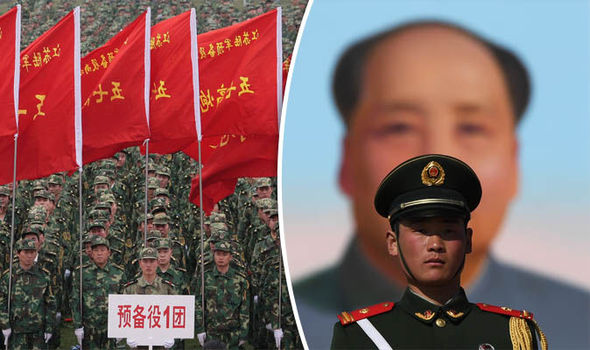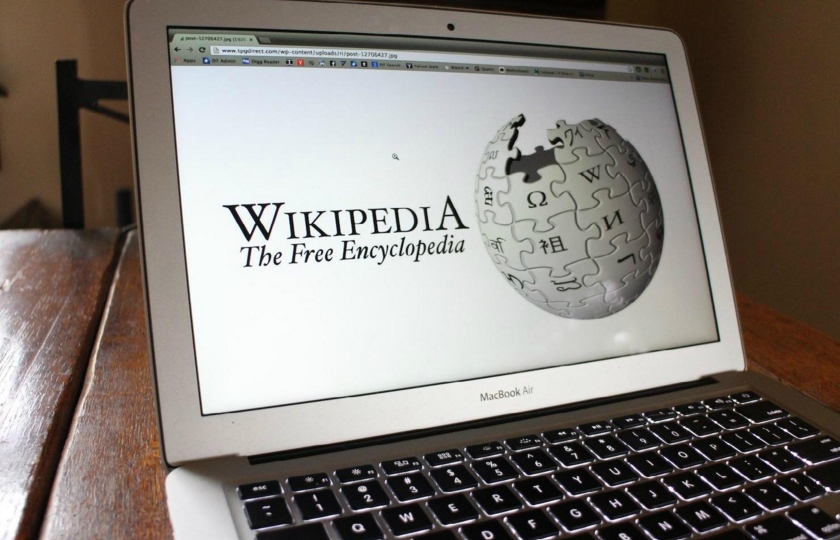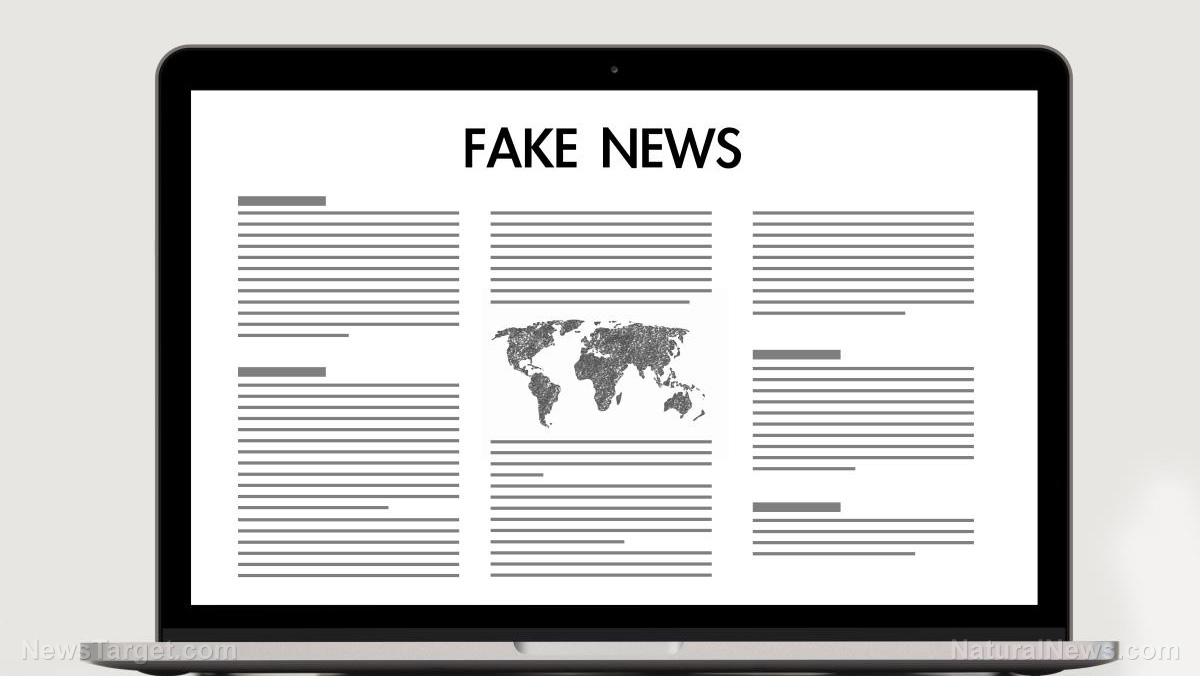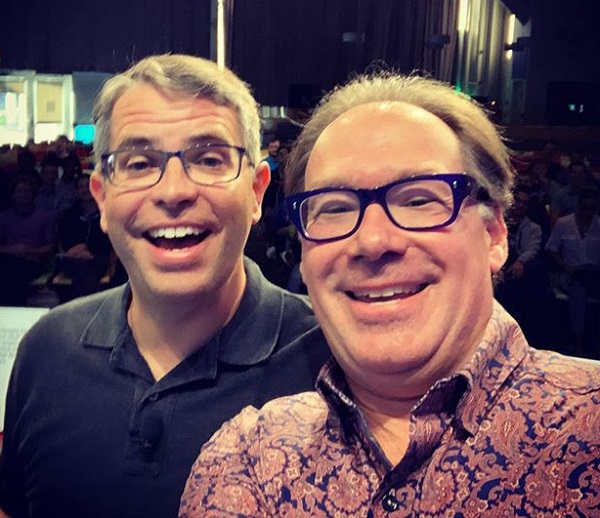“Communist China” now bribing U.S. universities to censor certain types of speech, promote communist ideals
03/09/2018 / By JD Heyes

Sen. Joe McCarthy, R-Wis., gave a speech in Wheeling, W. Va., in 1950 blaming the failures of American foreign policy on Communist infiltration of the U.S. government.
During his speech, he claimed to have a list of known Communists who were working in the State Department. While a special Senate subcommittee investigated McCarthy’s claims and determined them to be fraudulent, it was likely more political bluster during the period than fact.
Nevertheless, subsequent events seemed to substantiate his claims. The outbreak of the Korean War, in which the North Koreans were supported both by the Communist regimes of the USSR and China, along with the highly-publicized trial and conviction of Alger Hiss, was proof to many Americans that McCarthy’s claims were true.
That the Soviets were able to infiltrate elements of the U.S. political structure as well as American entertainment and academia is startling, though the level of infiltration is known only to aging Cold Warriors. However, the Communist ideology was very prevalent on a number of college campuses, especially some of the elite schools like Columbia University.
Of course, the USSR no longer exists, but much attention remains on Russian espionage in the U.S., highlighted and blown out of proportion during the 2016 presidential election. If Americans need to be concerned about rising Communist sympathies on our university and college campuses, we should be more focused on Chinese efforts to promote them.
As reported by the Washington Free Beacon, the CIA has warned in a classified report that China is engaged in a far-reaching, long-term influence campaign throughout the U.S., “which imparts financial incentives as leverage to permeate American institutions,” the news site said.
An unclassified summary of the report obtained by the WFB notes the CIA is warning lawmakers and the Trump administration that the Chinese Communist Party offers funds to universities and colleges in exchange for academic censorship.
“The CCP provides ‘strings-attached’ funding to academic institutions and think tanks to deter research that casts it in a negative light,” the report noted, according to the WFB. “It has used this tactic to reward pro-China viewpoints and coerce Western academic publications and conferences to self-censor. The CCP often denies visas to academics who criticize the regime, encouraging many China scholars to preemptively self-censor so they can maintain access to the country on which their research depends.”
The warning comes in conjunction with calls from a growing number of lawmakers and intelligence officials to probe how deep China’s involvement in American academia has become.
Last month FBI Director Christopher Wray told the Senate Select Committee on Intelligence that the bureau is currently investigating scores of Confucius Institute chapters, which are Beijing-backed language and cultural centers hosted by more than 100 U.S. universities.
Despite the sheer number of chapters, not much is known about the nature of contracts between China and the hosting institutions because funding levels and contractual terms are kept under wraps. (Related: Pentagon prepared to challenge outsized Chinese claims in South China Sea: Report.)
The WFB noted further:
The U.S. intelligence community has warned of the institutes’ potential to be used as a spying tool. The concern is particularly pressing at the 13 universities that host both Confucius Institutes and top-secret Pentagon research, including Arizona State, Auburn, Purdue, Stanford, and the University of Washington.
In February, Sen. Marco Rubio, R-Fla., co-chair of the Congressional-Executive Commission on China, asked five Florida schools hosting Confucius Institute chapters to end their relationship following reports that the Chinese government is using the programs to limit discussion of issues that are sensitive to Communist Party rulers like the 1989 Tiananmen Square massacre or Tibet’s political status.
“Beijing is becoming increasingly aggressive in its aim to exploit America’s academic freedom to instill in the minds of future leaders a pro-China viewpoint,” Rubio said in a statement to the Washington Free Beacon.
Attempts to influence American politics and culture continue unabated, but the threat isn’t just coming from Moscow.
J.D. Heyes is a senior writer for NaturalNews.com and NewsTarget.com, as well as editor of The National Sentinel.
Sources include:
Tagged Under: Alt-Left, American universities, Censorship, communism, communist China, infiltration, interference, left cult, Marxism, pro-China, propaganda, subversion, universities

















